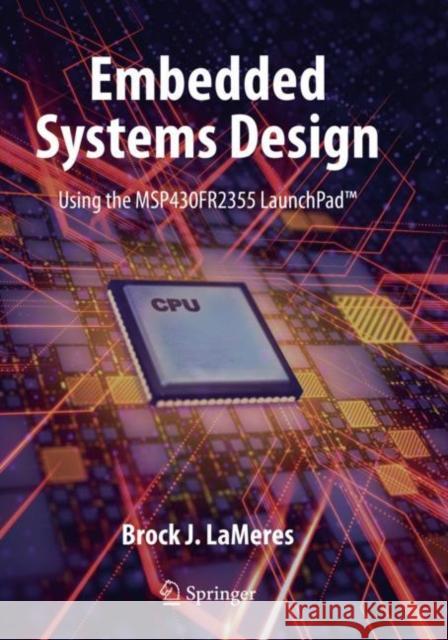Embedded Systems Design Using the Msp430fr2355 Launchpad(tm) » książka
topmenu
Embedded Systems Design Using the Msp430fr2355 Launchpad(tm)
ISBN-13: 9783030405762 / Angielski / Miękka / 2021 / 480 str.
Kategorie:
Kategorie BISAC:
Wydawca:
Springer
Język:
Angielski
ISBN-13:
9783030405762
Rok wydania:
2021
Wydanie:
2020
Ilość stron:
480
Waga:
0.99 kg
Wymiary:
25.15 x 19.81 x 2.29
Oprawa:
Miękka
Wolumenów:
01











